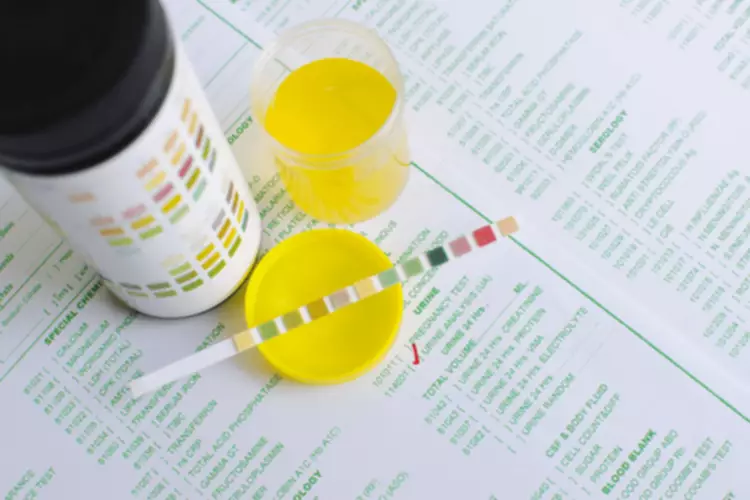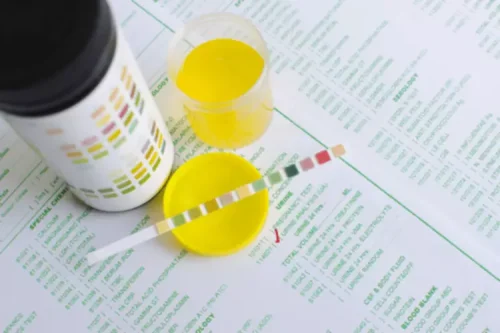CBD Cannabidiol: Definition, Benefits, Risks, Tips

For quick relief of acute stress and anxiety, consider vaporizing high-CBD strains that also contain an array of botanical compounds—or try a clean, lab-tested CBD oil. Ingesting CBD oil may also help alleviate anxiety on the fly, but the effects are not instantaneous. Put another way, the endocannabinoid system keeps us in balance by directing the communication traffic in our bodies. Cannabinoids such as CBD interact with this system, mimicking natural compounds (called endocannabinoids) produced by the body.
How Much CBD Should You Take to Improve Sleep?
Your body can absorb inhaled compounds directly from your lungs into your bloodstream. As such, smoking CBD-dominant strains of cannabis or vaping CBD oil is the fastest way to experience the effects. Before you buy or use a CBD product, carefully review the label and check out the manufacturer’s website. Opting for lab-tested, high quality CBD products can help reduce your risk of unwanted effects. Before using any CBD product, you should speak to your doctor to come up with a safe dosage plan that works for you. This plan should also take into account your symptoms and any other medications or supplements that you may be taking.

CBD vs. THC: Which Cannabis Compound is Right…

CBD is a safe medicine to take, is cbd addictive generally speaking, as a review of 25 studies concluded that there are no significant side effects no matter the method of administration and dosage. Especially products using pure CBD, which should not contain any THC, have few negative side effects for patients. CBD is an antipsychotic and how it exactly works is unclear at this time. What is known is CBD seems to stop the breaking down in the brain of a chemical that affects mental function, mood and pain.
More in Cannabis
- One study showed that people took fewer opioids for pain when they were treated with CBD-rich hemp extract.
- While they share a common origin, their effects on the human body are quite different, making them subjects of interest, especially for older adults seeking alternative therapeutic options.
- If you are interested in using CBD for sleep, talk to your doctor before doing so.
- By federal law, hemp-derived CBD oil must limit delta-9-tetrahydrocannabinol (THC) to 0.3% or less.
- What’s more, some cannabinoids can also act on non-cannabinoid receptors, such as opioid receptors.
- Interactions may occur with drugs prescribed for sleep, anxiety, depression, pain, seizure medications, and blood thinners.
- THC (tetrahydrocannabinol) and CBD (cannabidiol) are two of the chemicals found in those plants.
While any CBD products sold in chemists in Australia will be subject to TGA regulations, oils and capsules bought online could contain anything. But buying CBD online from overseas isn’t just illegal, it’s also risky. That’s because any CBD products sold at a pharmacy must first be put on the Australian Register of Therapeutic Goods as a Schedule 3 drug — and none so far have passed muster.
- That’s not enough to get you high, and you’d likely have to ingest a lot of CBD oil to fail a drug test for THC.
- However, the only CBD medication that is currently approved by the FDA is Epidiolex (cannabidiol) for the treatment of certain types of epilepsy, a neurological disorder that causes seizures.
- CBD is a cannabinoid substance in the cannabis plant along with THC.
- CBD has anti-inflammatory and pain relief properties, and might be beneficial for some symptoms of chronic pain.
A doctor can tell you if anything you are taking could potentially interact with CBD, or if CBD could impact a health condition you already have. Because few studies have looked at CBD in treating sleep problems, more research is needed to understand if CBD may be an effective treatment for sleep disorders. A few small studies have examined CBD as a potential treatment for sleep disorders. CBD is one of two main active compounds that come from the cannabis plant. In general, CBD products contain little to no tetrahydrocannabinol (THC), the chemical responsible for the “high” that cannabis produces.
How much CBD should you use?
- Dr. Danesh also added that it is important to do more research to look closer at CBD and the conditions that respond to it.
- Buying CBD products from a licensed dispensary can help ensure that a product is safe, as these establishments are regulated in states where cannabis is legal.
- In the US and other territories there are, however, numerous veterinary nutraceutical products available over the counter (OTC).
- All 50 states have laws legalizing CBD with varying degrees of restriction.
- While both compounds are generally considered safe, they are not without potential side effects.
CBD products are sold online, or at dispensaries in states where cannabis is legalized. Both cannabinoids and terpenes have an impact on the cannabis’ effects. The marijuana addiction cannabinoids vs terpenes debate comes down to which does more. When cannabis users talk about THC, most refer to delta-9 THC, the most common intoxicating cannabinoid in cannabis. Other forms of THC exist, including delta-8-THC and delta-11-THC.
Each state in the US has its own laws pertaining to hemp and CBD. For example, CBD in all forms is still illegal in Idaho, Iowa, and South Dakota. In Alaska, California, Washington, and many other states, only licensed cannabis shops can sell CBD in food or beverage forms. Check Leafly’s state-by-state guide to CBD to learn more about your local restrictions. Also called the farm bill, this law removed hemp and its derivatives from the Controlled Substances Act.

In other states, they are legal in some form for medicinal purposes. “You should avoid any company that makes disease claims,” Beatty said. “If they are making these claims, it means they’re either willing to break the rules, or they’re not aware of the rules.” Along with CBD, you’ll also frequently find ingredients like menthol, capsaicin, cayenne, camphor, or anti-inflammatory cannabinoids like THCA in CBD topicals.
Some evidence suggests that CBD might also be useful as an antioxidant, an antipsychotic, and to prevent nausea and vomiting. CBD (cannabidiol) and THC (tetrahydrocannabinol) are two of the most well-known compounds found in the cannabis plant. While they share a common origin, their effects on the human body are quite different, making them subjects of interest, especially for older adults seeking alternative therapeutic options.
While CBD is an essential component of medical marijuana, it is derived directly from the hemp plant, a cousin of marijuana, or manufactured in a laboratory. One of hundreds of components in marijuana, CBD does not cause a high by itself. Cannabidiol, also called CBD, is a chemical in the cannabis plant. More than 250 clinical trials on CBD benefits have been completed or are recruiting participants. Researchers are studying how CBD might benefit people with cancer, schizophrenia, cognitive impairment, quitting smoking, bipolar depression, and more. A 2015 review of research found strong evidence that CBD may help treat a range of anxiety disorders, including generalized anxiety disorder, panic disorder, and posttraumatic stress disorder.

